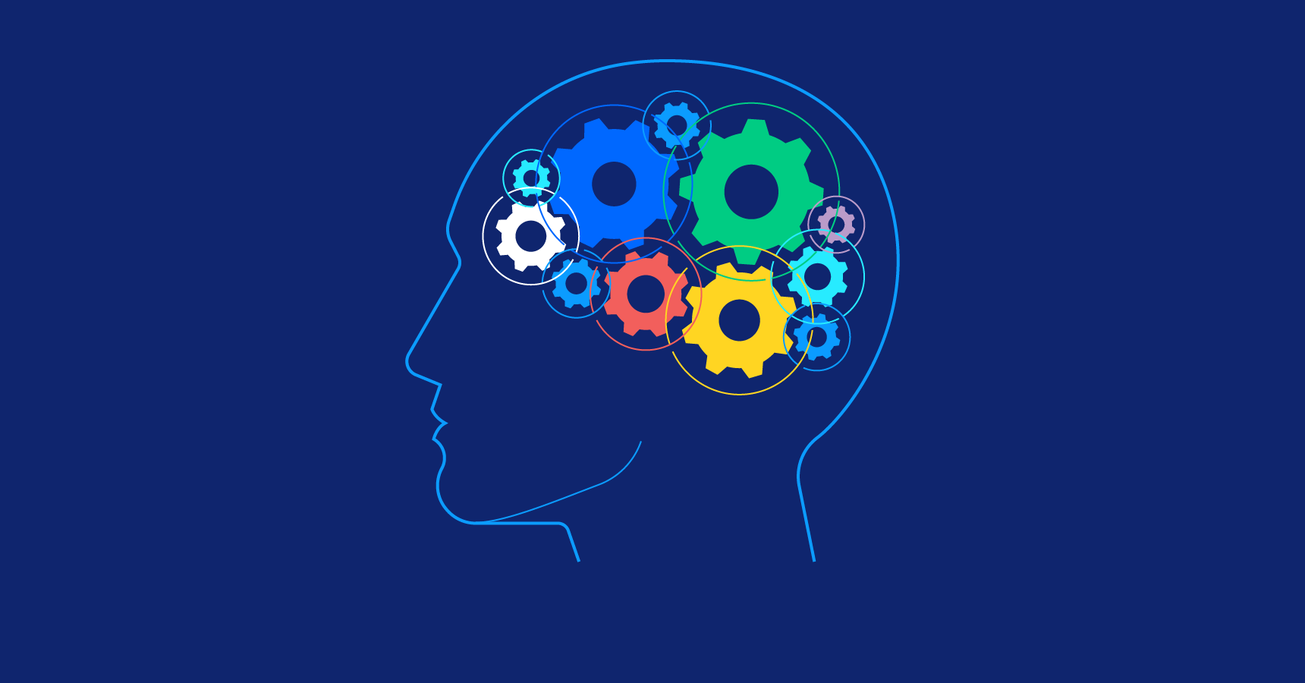Psychology, the study of mind and behavior, encompasses various branches that delve into different aspects of human thought and action. Understanding the four main types of psychology provides insights into how these disciplines contribute to our understanding of mental processes, behavior, and overall well-being.
Table of Contents
1. Clinical Psychology.
Clinical psychology focuses on the assessment, diagnosis, and treatment of mental illnesses and psychological disorders. Clinicians in this field often work directly with individuals, using therapeutic techniques to alleviate symptoms and improve mental health. They may specialize in areas such as depression, anxiety disorders, schizophrenia, or substance abuse. Clinical psychologists undergo extensive training, typically earning doctoral degrees before becoming licensed practitioners.
2. Cognitive Psychology.
Cognitive psychology explores how people perceive, think, and solve problems. It examines mental processes such as memory, decision-making, language use, and problem-solving mechanisms. Cognitive psychologists research to understand the underlying cognitive mechanisms that influence behavior. This branch of psychology has applications in various fields, including education, artificial intelligence, and neuroscience.
You also Check: What are the 7 Psychology types?
3. Developmental Psychology.
Developmental psychology studies human growth and development across the lifespan. This discipline examines how individuals change physically, emotionally, cognitively, and socially from infancy through old age. Developmental psychologists investigate factors influencing development, such as genetics, environment, and social interactions. They may focus on specific stages of life, such as childhood, adolescence, adulthood, and aging, to understand typical and atypical patterns of development.
4. Social Psychology.
Social psychology investigates how social influences shape individual behavior, attitudes, and perceptions. It examines group dynamics, social cognition, conformity, prejudice, and interpersonal relationships. Social psychologists explore how people perceive themselves and others within social contexts and how these perceptions affect behavior. This field contributes to understanding societal issues, organizational behavior, and the dynamics of interpersonal interactions.
Conclusion.
In conclusion, psychology encompasses various disciplines that uniquely contribute to our understanding of human behavior, cognition, and mental health. Clinical psychology addresses mental health concerns through assessment and therapy, while cognitive psychology investigates mental processes like memory and decision-making. Developmental psychology examines human growth across the lifespan, and social psychology explores how social contexts influence behavior and cognition.
Understanding these four types of psychology provides a comprehensive view of the field’s breadth and depth, highlighting the interdisciplinary nature of psychological research and practice.


Leave a Comment